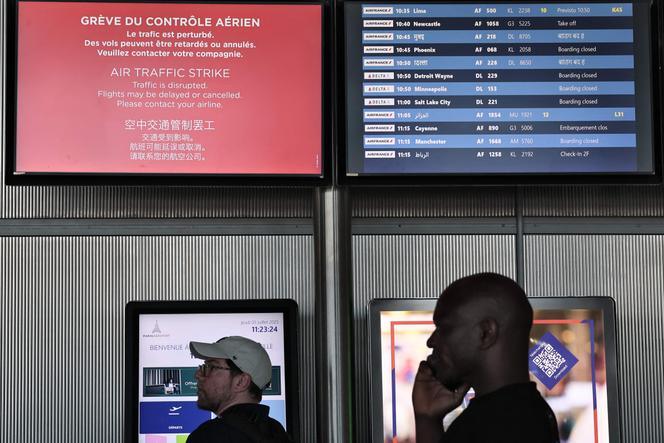French Air Traffic Controllers Strike Affects European Flights

Introduction
The ongoing strike by French air traffic controllers has emerged as a significant event impacting air travel throughout Europe. As one of the main hubs for aviation in the region, France’s air traffic management is crucial for the coordination and flow of international flights. The strike highlights the issues faced by workers in the aviation sector, namely, demands for improved working conditions and better pay, which have repercussions that ripple across the continent.
Details of the Strike
The strike began on April 7, 2023, and was initiated by the trade unions representing air traffic controllers. Organisers have stated that the strike aims to push for better resources and staffing levels, which have reportedly been under pressure due to increasing air traffic and operational demands in recent years. The French Civil Aviation Authority (DGAC) has warned about significant disruptions, with thousands of flights either delayed or cancelled as a result.
Major airlines, including Air France and Ryanair, have been severely affected, leading to travel chaos for passengers. Reports indicate that airports such as Charles de Gaulle in Paris and Nice Côte d’Azur have seen long queues and frustrated flyers, as cancellations pile up. As a response, the DGAC encouraged airlines to reduce their flight schedules to alleviate some stress on the system.
Impact on Passengers and Airlines
Passengers across Europe and around the world are feeling the ripples of this significant strike. Many have had to make last-minute adjustments to their travel plans or seek alternate routes to bypass French airspace. Numerous travellers have voiced their frustration on social media, expressing concerns over lack of communication from airlines regarding their flight statuses.
The impact is not only operational but also economic, as airlines face potential financial losses due to the disruption. Analysts estimate that the ongoing strike could cost the aviation sector millions of euros, in addition to the added burden on passenger compensation claims and managing customer dissatisfaction.
Conclusion
The strike by French air traffic controllers underscores long-standing issues within the aviation industry regarding working conditions and employee compensation. With no clear resolution in sight, the strike could continue to unfold, compelling travellers to adapt to ongoing disruptions. As negotiations are expected to resume, all eyes remain on the outcome, with hopes for a resolution that not only serves the interests of air traffic controllers but also restores normalcy to airline operations across Europe in the near future.
